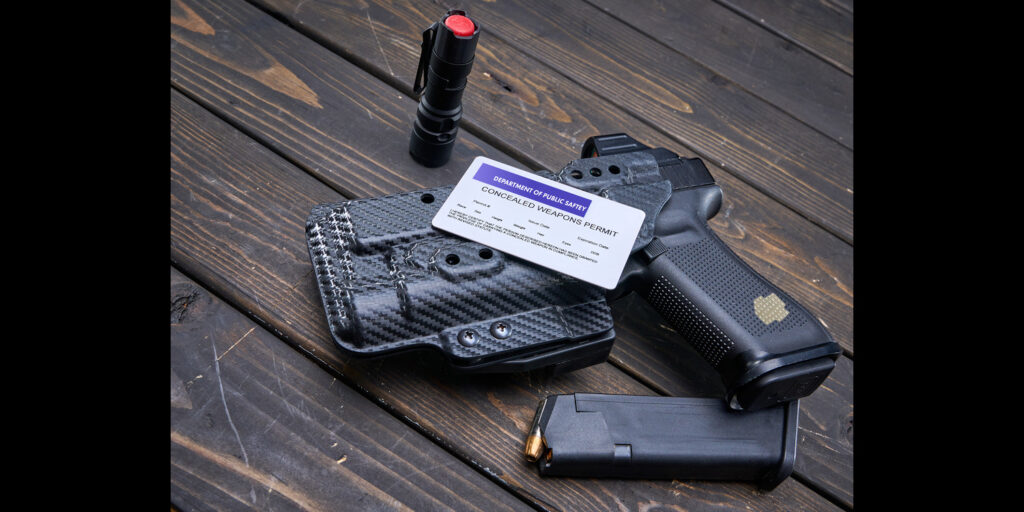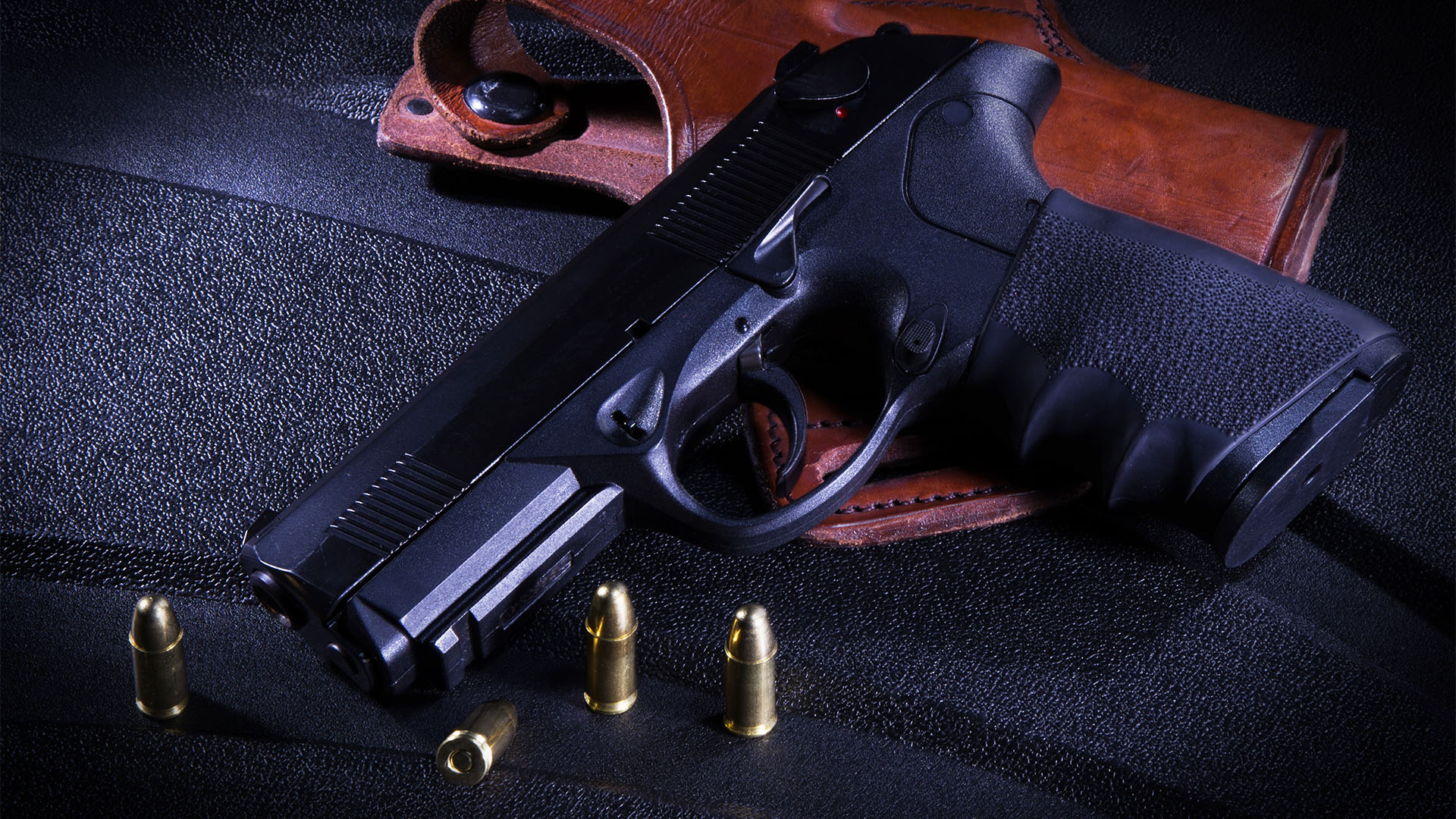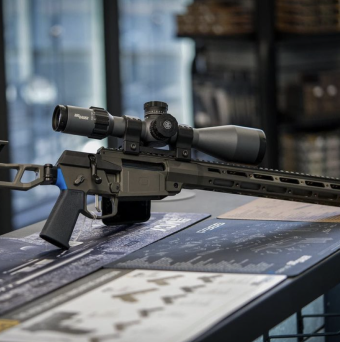carrying a concealed firearm in many regions, especially in the United States. These classes are designed to provide individuals with the necessary knowledge, skills, and legal understanding required to safely and responsibly carry a concealed weapon. The structure and requirements of CCW classes may vary from one jurisdiction to another, but there are common elements that generally define how these classes work.
How CCW Classes Work
- Eligibility and Prerequisites: To enroll in a CCW class, participants typically need to meet certain eligibility requirements. These may include being of a certain age, having a clean criminal record, and being a legal resident or citizen of the jurisdiction in which they intend to carry a concealed firearm. Some classes may also require participants to complete basic firearm safety courses as a prerequisite.
- Class Duration and Curriculum: CCW classes vary in duration, with most lasting from 4 to 16 hours, depending on local regulations. The curriculum includes a comprehensive review of firearm safety, handling, and marksmanship. Instructors cover topics such as gun maintenance, ammunition, and safe storage. Participants also learn about the legal responsibilities and limitations associated with carrying a concealed firearm.
- Firearm Familiarization: Instructors provide hands-on training in firearm familiarization. This includes learning how to load, unload, and safely handle various types of firearms. Students are taught to recognize different types of firearms and their features, as well as how to choose the appropriate firearm for self-defense.
- Marksmanship and Shooting Proficiency: A significant part of CCW classes involves marksmanship and shooting proficiency. Participants spend time on the shooting range to develop and refine their shooting skills. Instructors emphasize safe and responsible shooting practices, focusing on accuracy and consistency.
- Legal Aspects: Understanding the legal aspects of concealed carry is critical. Instructors cover state and local laws, regulations, and requirements related to concealed carry. This includes topics like where carrying a concealed firearm is permitted, the use of deadly force, and the consequences of violating firearm laws.
- Practical Scenarios: Many CCW classes include scenarios and simulations to help students apply their knowledge in real-life situations. These scenarios often involve decision-making exercises to teach participants when it’s appropriate to draw and use their concealed weapons.
- Written and Practical Tests: At the conclusion of the course, participants are typically required to pass both a written test on firearm safety and legal knowledge and a practical shooting test to demonstrate their marksmanship skills. This ensures that individuals seeking a CCW permit have a comprehensive understanding of the subject matter.
- Documentation and Permit Application: After successfully completing the CCW class, participants are often provided with a certificate of completion. This certificate is a crucial document required to apply for a concealed carry permit from the relevant local authorities. The process and requirements for obtaining the permit can vary, but it usually includes background checks, fingerprinting, and submission of the necessary paperwork.
- Ongoing Training: Responsible gun ownership doesn’t end with obtaining a CCW permit. Many instructors and organizations recommend ongoing training to maintain and improve skills. This may include regular visits to the shooting range, additional courses, and staying up-to-date on changes in firearm laws.
- Community and Support: CCW classes often create a sense of community among participants who share a commitment to responsible firearm ownership. Many individuals find camaraderie and support through these classes, fostering a culture of responsible gun ownership.
Schedule a CCW class in Tucson
In conclusion, CCW classes play a vital role in ensuring that individuals who choose to carry concealed firearms do so safely and responsibly. These classes provide comprehensive education and training in firearm safety, marksmanship, and legal requirements. By imparting essential knowledge and skills, CCW classes aim to minimize the risks associated with concealed carry and promote responsible gun ownership. At The Hub, our skilled CCW instructors offer the best education for you to become a responsible gun owner and to have the ability to conceal and carry your weapon.
To schedule a Tucson CCW class, please sign up here.












